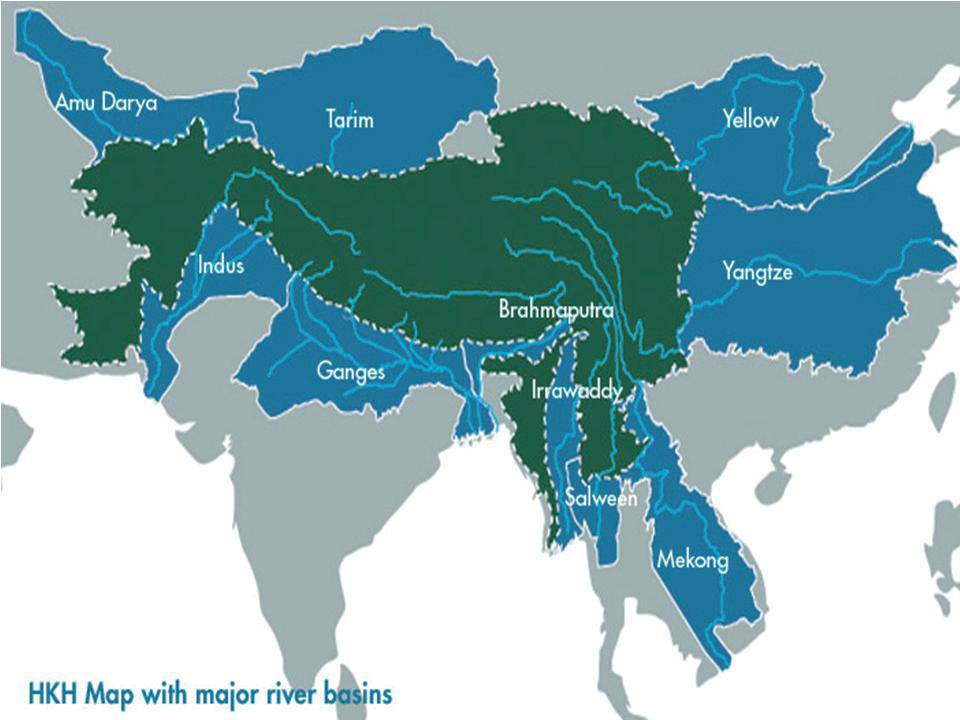In this paper, Jayanta Bandopadhyay explains the need for an interdiscipliinary framework for water resource management. He states that this framework needs to include ecological, social, economic and institutional perspectives. These perspectives are essential to facilitate cooperation over the management of transboundary rivers.
 The paper is divided into the following sections:
The paper is divided into the following sections:
- Need for a holistic approach
- The importance of economics
- Need for regional cooperation
- Impacts of climate change
- Conclusions
Need for a holistic approach
Water management in south Asia is dominated by engineering interventions that focused on harnessing hydrological flows to increase irrigation. However, these projects are flawed in terms of social equitability, ecosystemic sustainability and the economy. The Ganga-Brahmaputra-Meghna basin will pose a challenge to the various nations that share its water due to an increase in water demand combined with the anticipated impacts of climate change. There is fortunately an increasing awareness of the importance of ecosystemic flows in sufficient quantity and appropriate periodicity to maintain communities and systems dependent on natural resources.
The understanding that a river is not merely a source of water, but a network of productive ecosystems, each dependent on the other, is essential for sustainable development.
The importance of economics
raditional engineering interventions are designed to satisy a focused set of economic demands, mainly national economic priorities. This has led to a lack of bilateral or multilateral discussions in the GBM basin. Inclusion of wider economic and ecological objectives will promote diversity of inputs and goals in the planning process. Similarly, valuation of natural processess will raise awareness of these ecosystemic functions. It is however important to choose a comprehensive system for pricing water that includes all socio-ecological systems, but also the value of the ecosystems.
Need for regional cooperation
Despite the establishment of the South Asian Association for Regional Cooperation (SAARC), it has not been involved in diplomacy on the sharing of trans-boundary waters. However, this delay can mean that any projects will be reconsidered from an ecological perspective, rather than the traditional technocratic approach. Including economic valuation can be used as an objective tool for acheiving transboundary cooperation.
Impacts of climate change
Change in rainfall and temperature patterns will affect extent of precipitation, glaciers, evaporation and hence river discharges. The ensuing impact on water availability in the river basin will affect water resource availability in the region. Hydrographs developed by the Intergovernmental Panel on Climate Change (IPCC) suggest a substantial reduction in peak flows, and a reduction in water availability in the western part of the basin.
Conclusions
Ecology, institutional arrangements, social needs, and economic development need to be included in the framework of river and coastal managment. Economics can facilitate transboundary cooperation by introducing water markets and providing objective tools for conflict resolution. Projections about the impact of climate change indicate reduced peak flows in the basin, and decreased water availability in the western region, This has serious implications in terms of saltwater intrusion.
Anticipated climate change impacts provide a strong argument for basin-wide transboundary planning.
Download the paper below.
Read the full publication here.
/articles/interdisciplinary-approach-water-management-uplands-coast-ganges-brahmaputra-meghna-basin